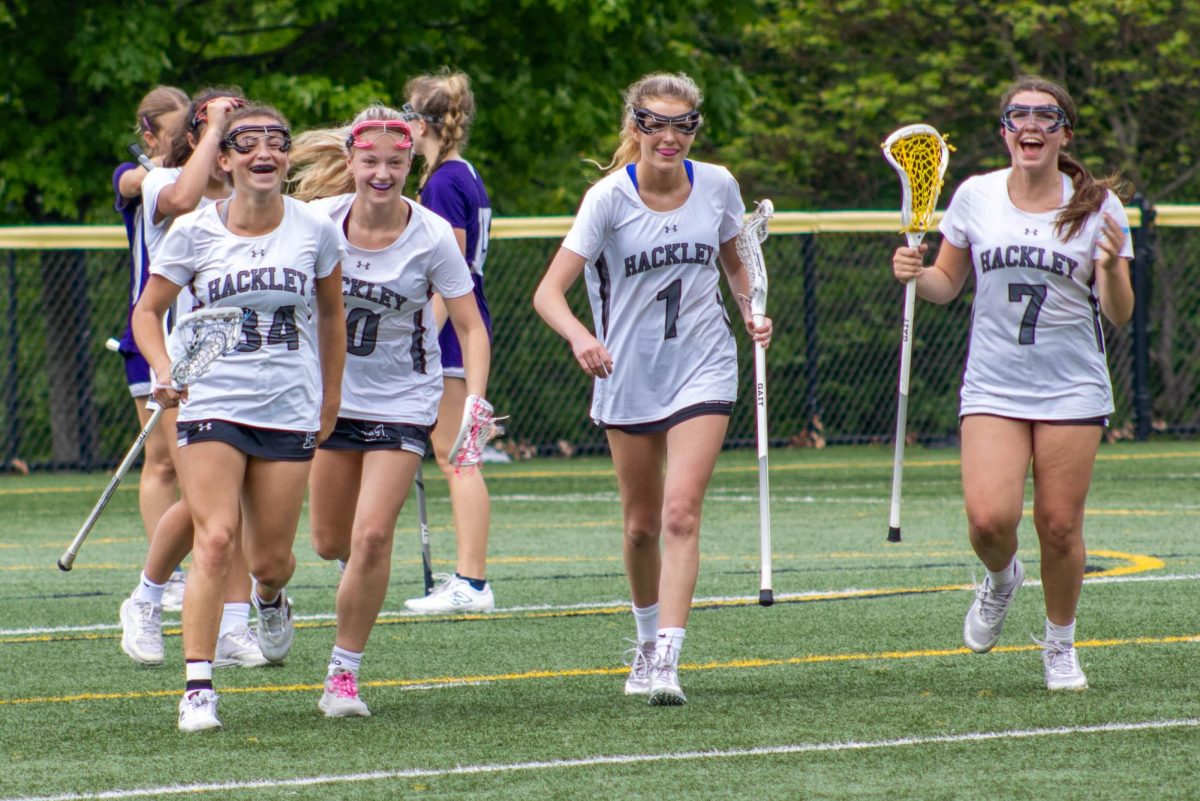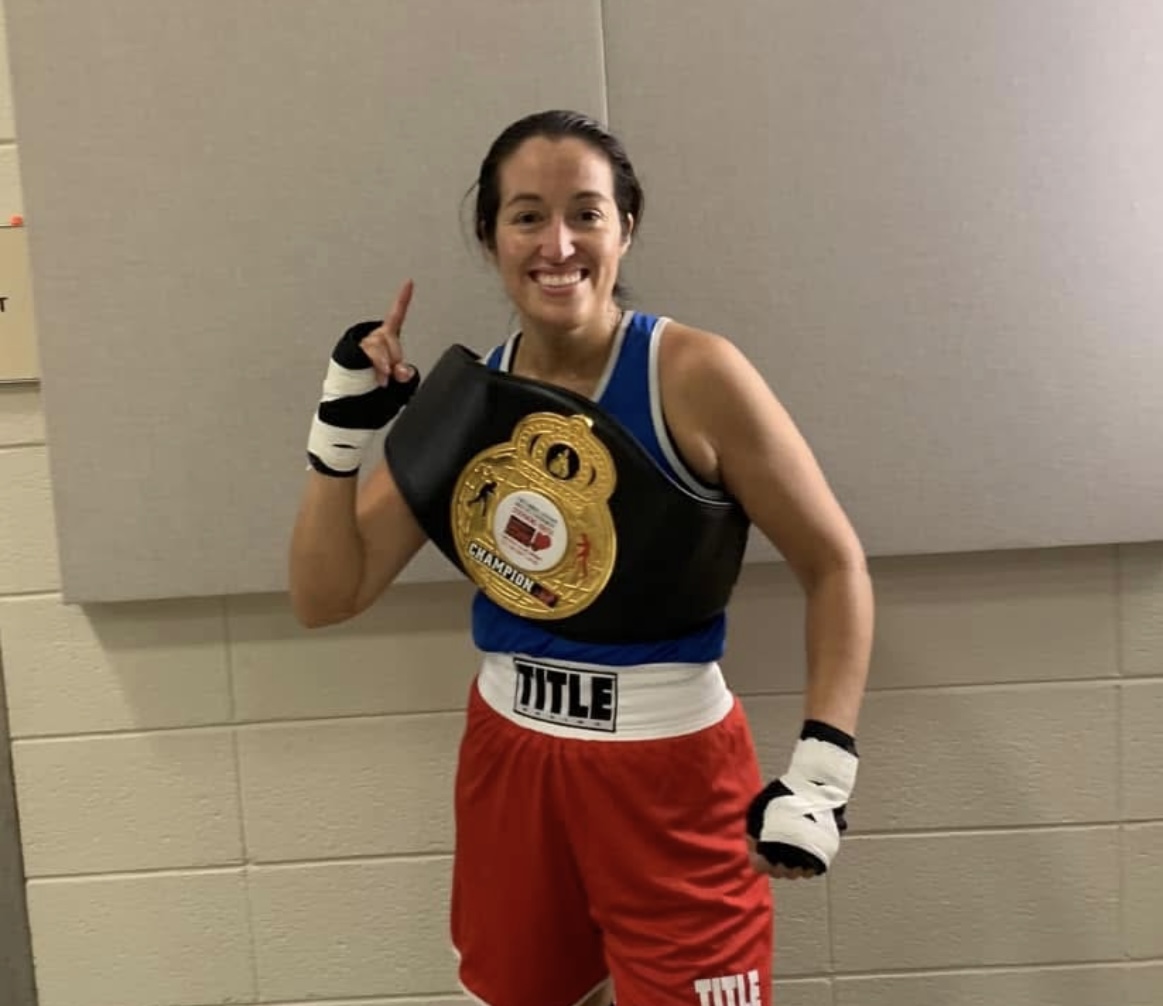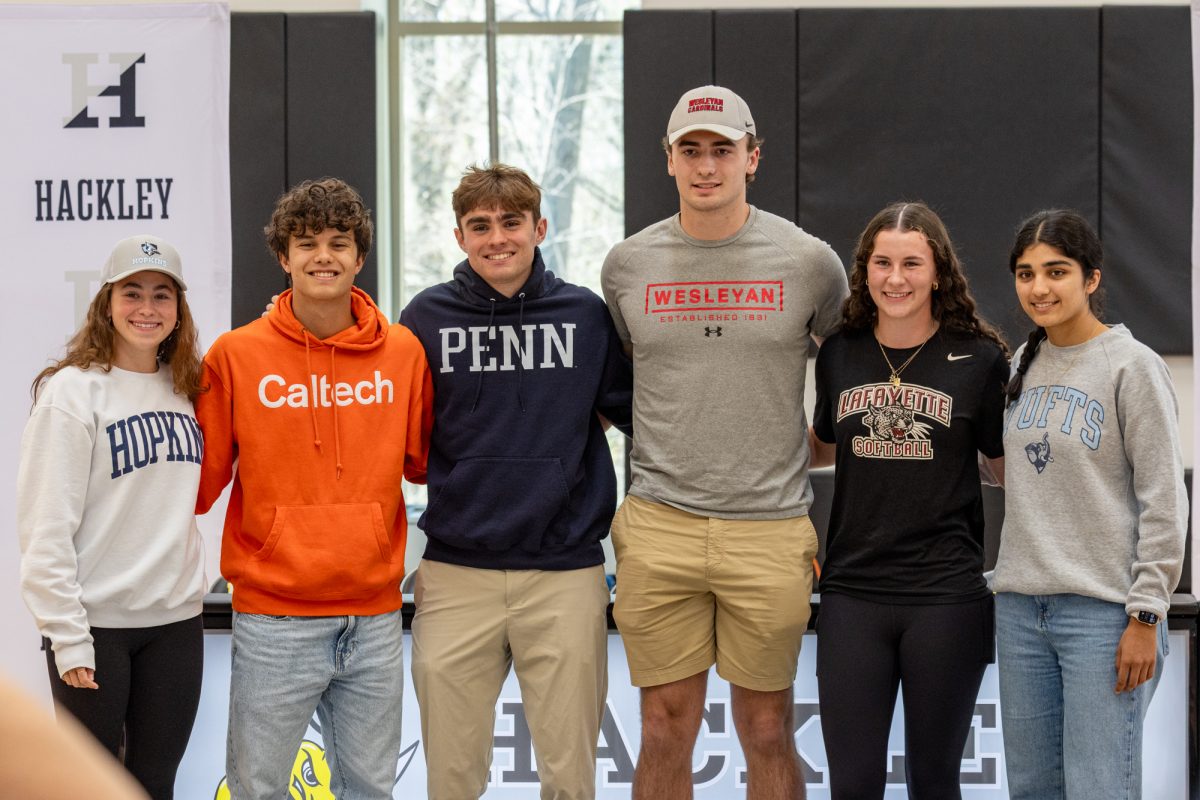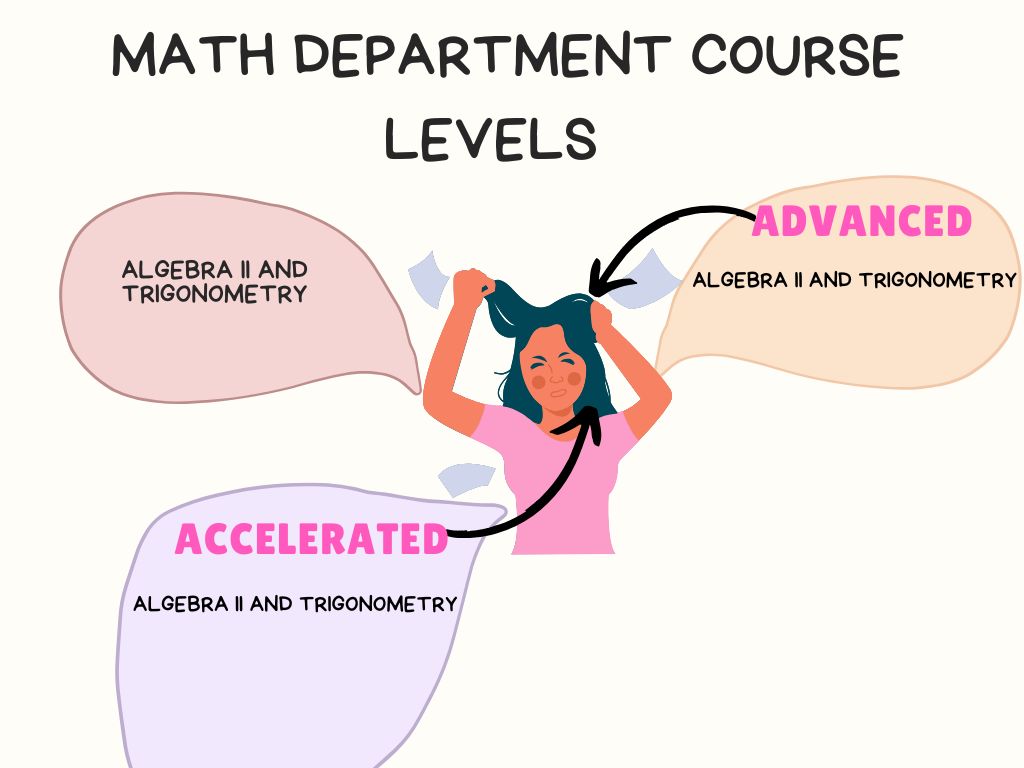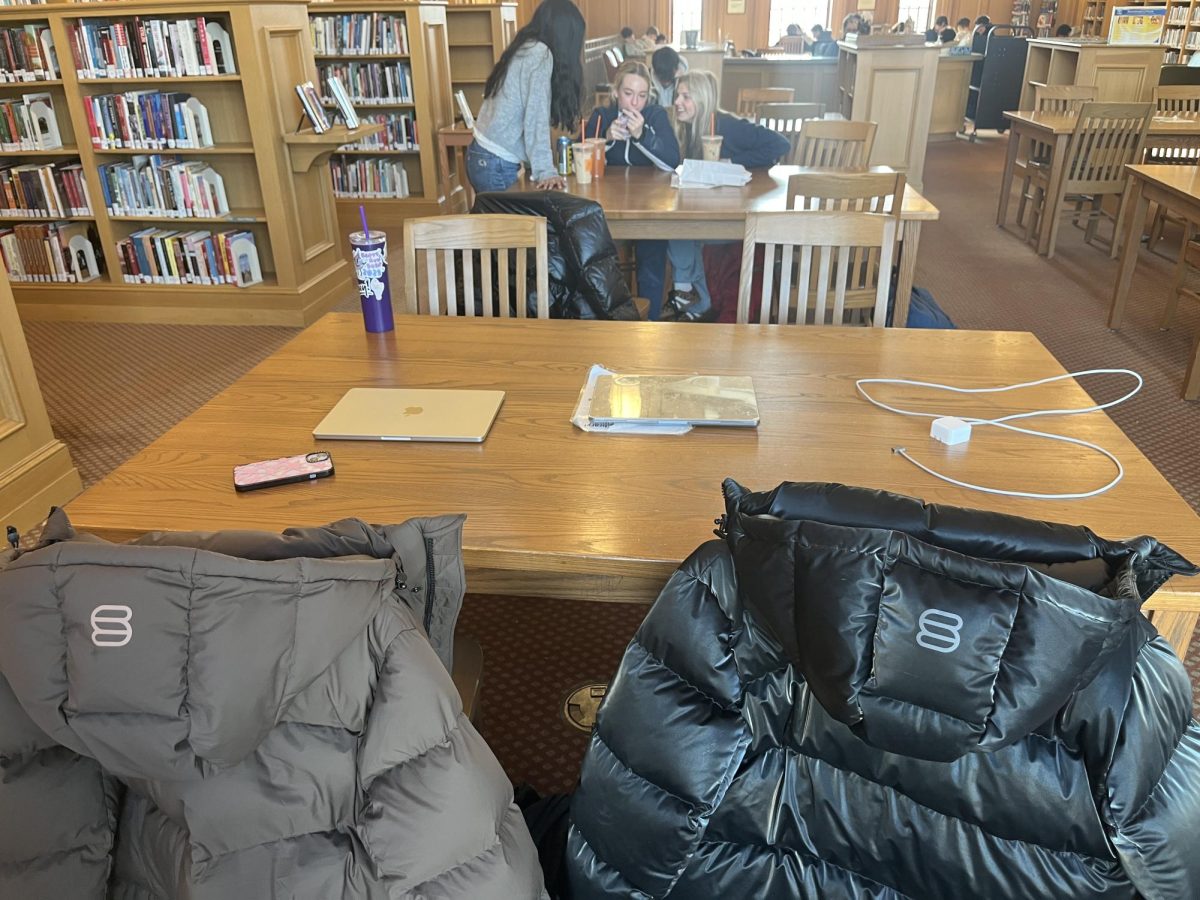On an average day on the Hilltop, you walk into the lunchroom full of vibrant noise and tables full of students engaging in lively conversation. However, you look around and notice that many students are on their phones, and not fully engaged in conversation. This is exactly what Head of School Charles Franklin is trying to prevent.
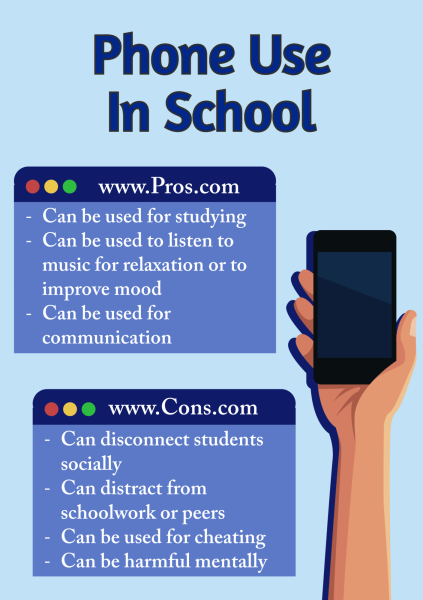
Recently, Mr. Franklin spoke to Upper School students about his request for students regarding their use of phones and headphones. Mr. Franklin announced that he no longer wanted students to use their phones during lunch so that they could connect more with those they were eating with. He also announced that while students were walking, he would not like them to wear headphones or AirPods. Although he will not yet be enforcing this rule, Mr. Franklin said there is a possibility it will be enforced next school year. While many students may feel that this policy would be negative, The Dial believes that it is important to have discussions around this topic before coming to a conclusion.
When Mr. Franklin first arrived on campus to be interviewed for the position of Head of School, his initial impressions of Hackley were mainly positive. As he was getting ready to leave campus he had a less positive interaction; when greeting students, he was ignored by many who were too occupied with their phones or listening to music. This impression was a stark contrast to his previous one, where students happily greeted him.
It is important to weigh both the positive and negative effects of electronic use in school. In the context of phone use during lunchtime, one negative consequence of using phones while eating is that you can become unaware of the signals your body is sending you. If you are scrolling through your phone while eating, you can become distracted and unintentionally ignore your body’s signals indicating that you are full. This practice deals with mindful eating, a concept that students learn about in their tenth-grade health classes. Mindful eating is the practice of focusing on a meal and taking notice of the sensual, emotional, and environmental aspects. This practice facilitates a greater appreciation of food and a healthier relationship with the body and prevents overeating.
Additionally, using your phone during lunch can create some disconnect between students. If one student is trying to have a conversation with another student, but that student is looking down at their phone, the conversation may be surface-level and not be carried out to its fullest extent. Students may also feel hurt if their friends are staring at their phones and not paying attention to them, especially if this student is trying to engage in a conversation about a topic that excites them. In addition to academic skills, a school environment teaches students how to make meaningful connections. Students need to learn how to participate in social activities, not only for their own social life but for future workplaces or college settings.
Additionally, a study done by Common Sense Media found that students were most likely to use social media (32%), YouTube (26%), or gaming apps (17%) if they went on their phones during school. Even if phones do not end up being banned in the lunch room or other communal spaces, we think students might want to think about the way they use their phones in a school setting.
Similarly, wearing headphones while walking around can also create a disconnect in the Hackley community. If a teacher or classmate is walking by a student and tries to communicate with them, depending on how loud their music is or if they are wearing noise-canceling headphones, they might not hear the other person and their comments will go ignored. These are all important factors that students and faculty should consider when having conversations about whether or not new rules should be implemented
There are some positive reasons why students might be using their phones during lunchtime. First, they might be using their phone for Quizlet to study for an upcoming quiz or test. At a school with as strong a course load and as heavy rigor as Hackley, lunch might be the only time for students to study for a quiz during the day. This can help to alleviate the stress of students and help them feel more prepared going into their assessment. Students may also quiz their peers at lunch using their phones, as it is where most students keep their flashcards. There would be nothing wrong with students sitting at a lunch table using flashcards to quiz each other, so why should the fact that it is on a phone make much of a difference?
While phones and physical flashcards might feel different, the reality is that many students use digital flashcards like Quizlet instead of physical flashcards. According to the Daily Bruin, UCLA’s student newspaper, a study was conducted by UCLA-affiliated researchers showing that out of 901 UCLA undergraduate students, 77.8% percent use digital flashcards, and 60.1% prefer digital flashcards. In this case, students are not trying to ignore their peers, but instead are using their phones to help them.
There are also positive reasons why students might be listening to music while walking through the hallways. For many students, music can help to calm them down or bring them comfort. In an environment that can be very stressful, listening to music could help students relax, especially right before an assessment. Phones are also an important means of communication, especially during emergencies. The majority of students in the Upper School do not drive themselves to and from school and might have to coordinate drop off/pick up with their parents or guardians. This is especially crucial during school closures due to weather conditions.
Students may also use devices in the hallways or in class for note-taking purposes or quickly jotting down ideas or reminders. Devices can also be used to communicate for academic purposes, as students can use their devices to coordinate with peers for group projects or to email teachers.
Most of Hackley’s peer schools have some kind of phone policy, most of which are as or more permissive than Hackley’s. Students at both Horace Mann and Fieldston are allowed to use phones and headphones in the hallways and cafeteria, and their use is only prohibited during assemblies and in the classroom. This has been Horace Mann’s policy for a while, and they are not considering changing it. Students at Masters have a similar policy; however, students are required to put their phones in phone holders at the front of the classroom each period. Their policy went into effect this academic school year. Poly Prep, however, has no universal phone policy for students outside of acceptable use, and teachers are allowed to establish their own policies within their classrooms.
While speaking to the Editorial Board, Mr. Franklin made it very clear that he wants to hear varying perspectives from students, teachers, and administrators on the matter. He is still brainstorming ideas on how he might implement this policy in a way that includes both student and faculty perspectives, all while taking into account the myriad of research done about phones in school. The Board asked Mr. Franklin about hypothetical circumstances where his suggestions could prove to be problematic, such as weather emergencies, contacting family, and using devices for studying purposes. Mr. Franklin agreed that these situations are important to take into account, which is why he would like to hear from members of the community who might bring up perspectives that he had not considered. Mr. Franklin’s request aims to promote connections within the community, especially in communal spaces where students are typically on their phones. It is important to note that the policy is not only directed at students but also adults, who are often culprits of being distracted by their phones.
Mr. Franklin’s suggestions could have both negative and positive effects on the Hackley community. Mr. Franklin should engage in conversations with students and faculty, and weigh out the pros and cons that come with imposing these rules before coming to a verdict.




